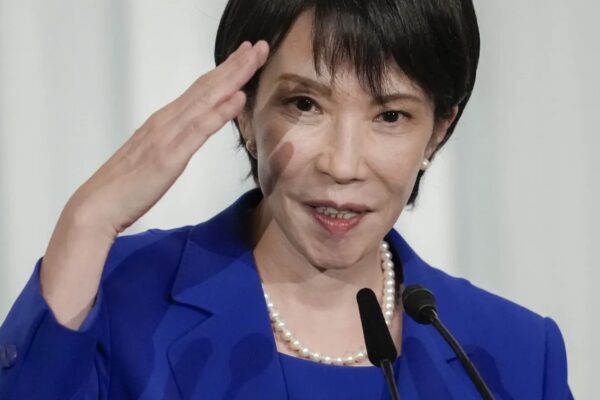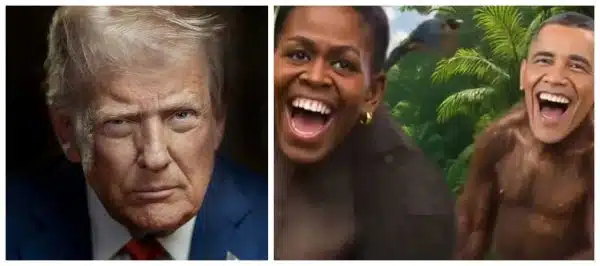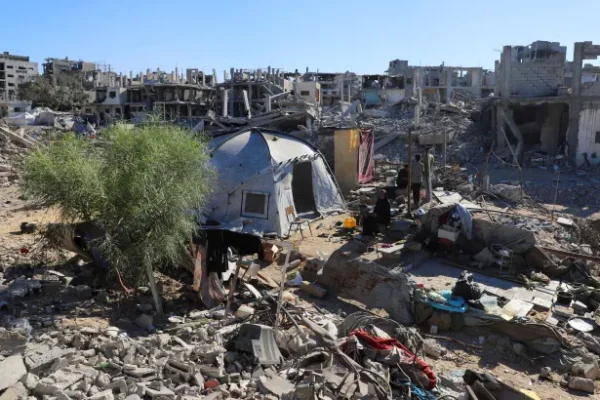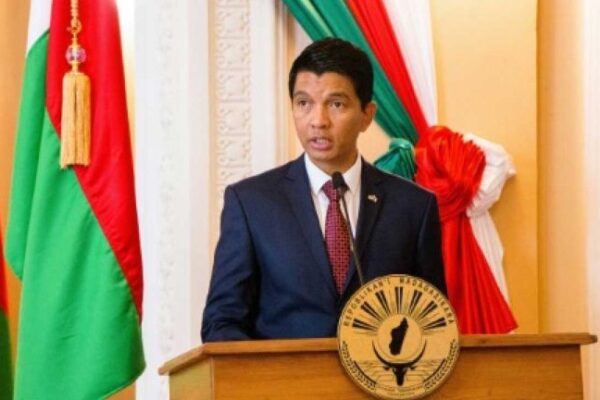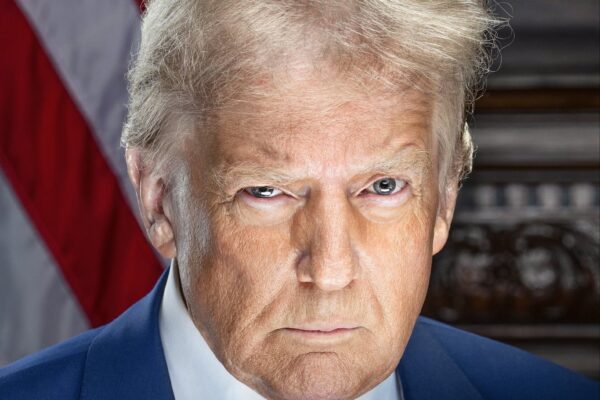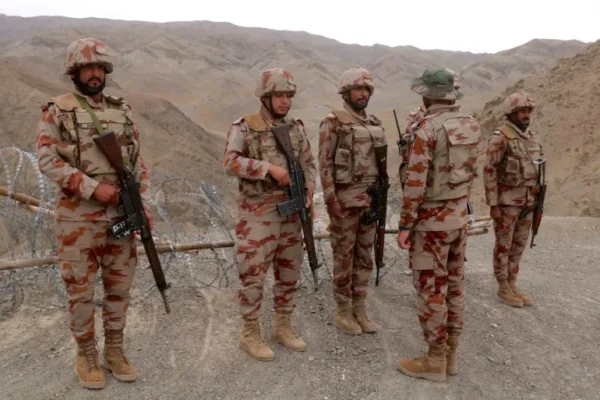Deadly clashes have erupted along the Pakistan-Afghanistan border, leaving dozens dead and injured in one of the most intense confrontations between the two neighbours in recent months. The overnight fighting on Tuesday spanned Afghanistan’s Spin Boldak district and Pakistan’s Chaman district, deepening tensions between the two former allies. According to Afghan officials, the violence began when Pakistani forces opened fire using both light and heavy weapons, striking residential areas in Afghanistan. Taliban spokesman Zabihullah Mujahid said at least 12 civilians were killed and more than 100 others injured, including women and children. Local officials in Spin Boldak put the death toll higher, saying 15 civilians had been killed and over 80 wounded. In response, Mujahid claimed that Afghan forces retaliated, killing several Pakistani soldiers, destroying tanks and seizing weapons. “A large number of Pakistani troops were neutralised,” he said, accusing Pakistan of violating Afghan territory. Pakistan, however, rejected the accusations, insisting that the Taliban initiated the hostilities by targeting a Pakistani military post and civilian areas. Security sources told Reuters that at least six Pakistani soldiers were killed, while four civilians sustained injuries during the exchange of fire that lasted nearly five hours. In a statement, the Pakistani army said its troops had “effectively repulsed” the attacks, killing 15 to 20 Taliban fighters and wounding several others. “The insinuations that the attack was initiated by Pakistan are blatant lies,” the statement said, adding that the military remains fully prepared to defend the country’s sovereignty. Residents in Chaman described chaotic scenes as artillery shells struck homes, forcing families to flee. “People are in a very difficult situation. Shells are falling in people’s homes,” said Najibullah Khan, a resident of the border town. Al Jazeera correspondent Kamal Hyder, reporting from the Torkham crossing, described the fighting as a “serious escalation” that could lead to a wider conflict. “The population on both sides is wary of what comes next,” Hyder said, adding that hostilities had reportedly subsided by early Wednesday morning. The latest clash follows several days of heightened violence across the border. Over the weekend, both countries exchanged fire in multiple regions, leaving dozens dead on each side. Kabul claimed it had killed 58 Pakistani soldiers in retaliation for airspace violations, while Islamabad reported 23 soldiers killed and said it eliminated over 200 Taliban and allied militants. Relations between the two countries have deteriorated sharply since the Taliban’s return to power in 2021. Pakistan accuses Kabul of harbouring Tehrik-i-Taliban Pakistan (TTP) militants, who have launched numerous attacks inside Pakistan. The Afghan government denies the claims, saying it does not allow its territory to be used against any state. Tensions have also been stoked by Afghan Foreign Minister Amir Khan Muttaqi’s visit to India, Pakistan’s long-time rival. During the trip, Muttaqi said Afghanistan seeks “positive relations” with Pakistan but accused certain groups within the country of trying to “stir up unrest.” The visit has reportedly angered Islamabad, further straining the already fragile ties between the two neighbours.
